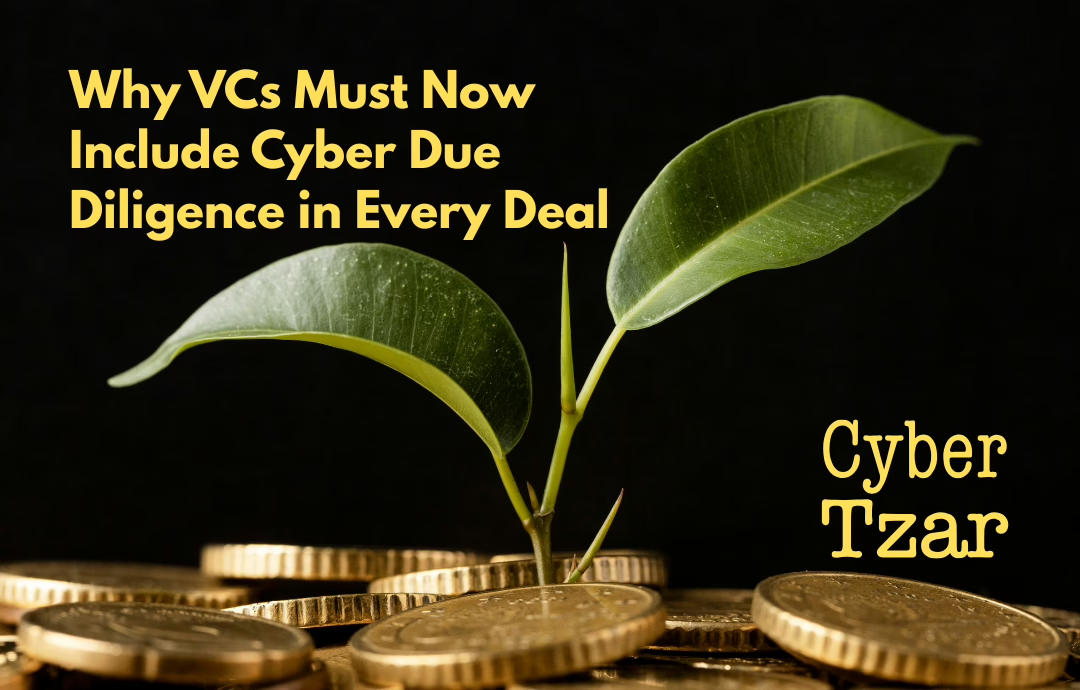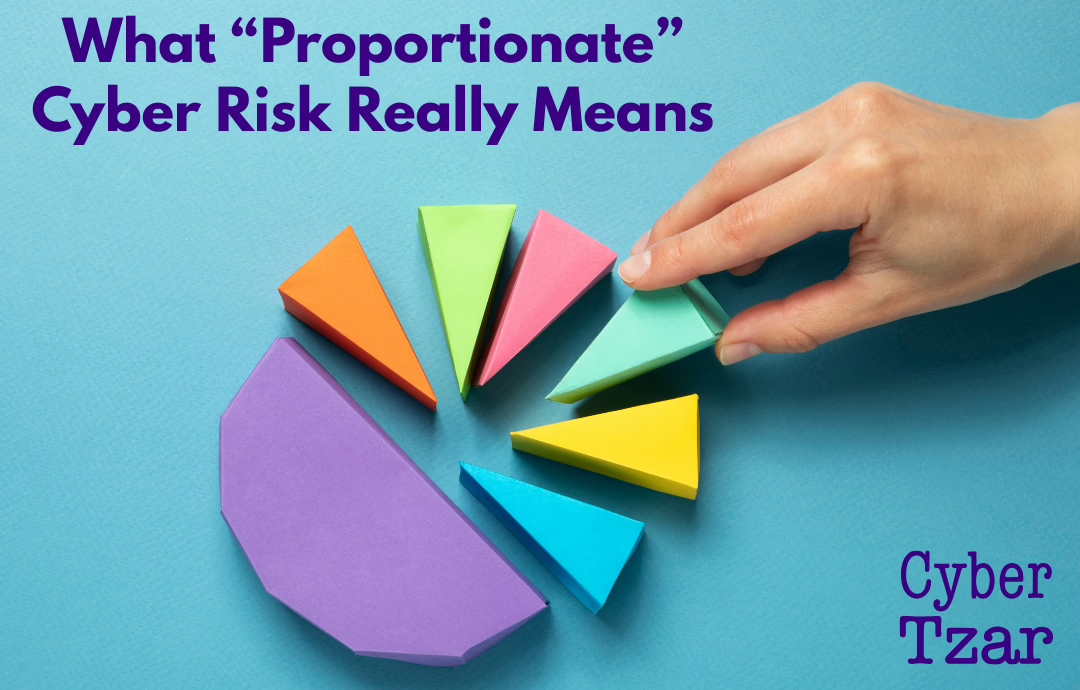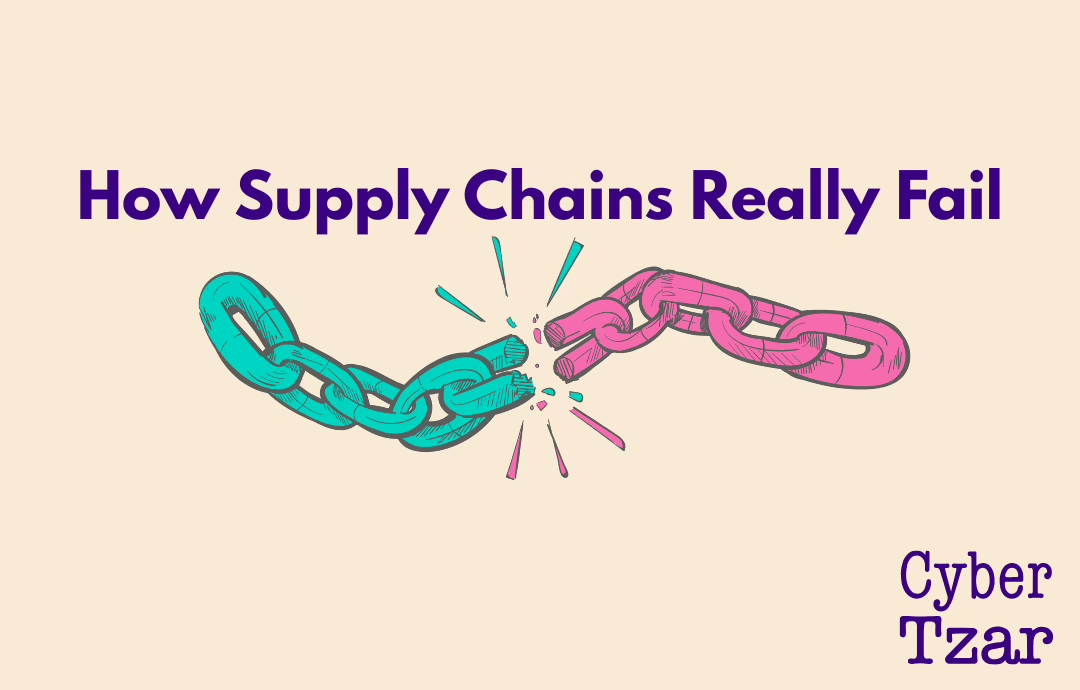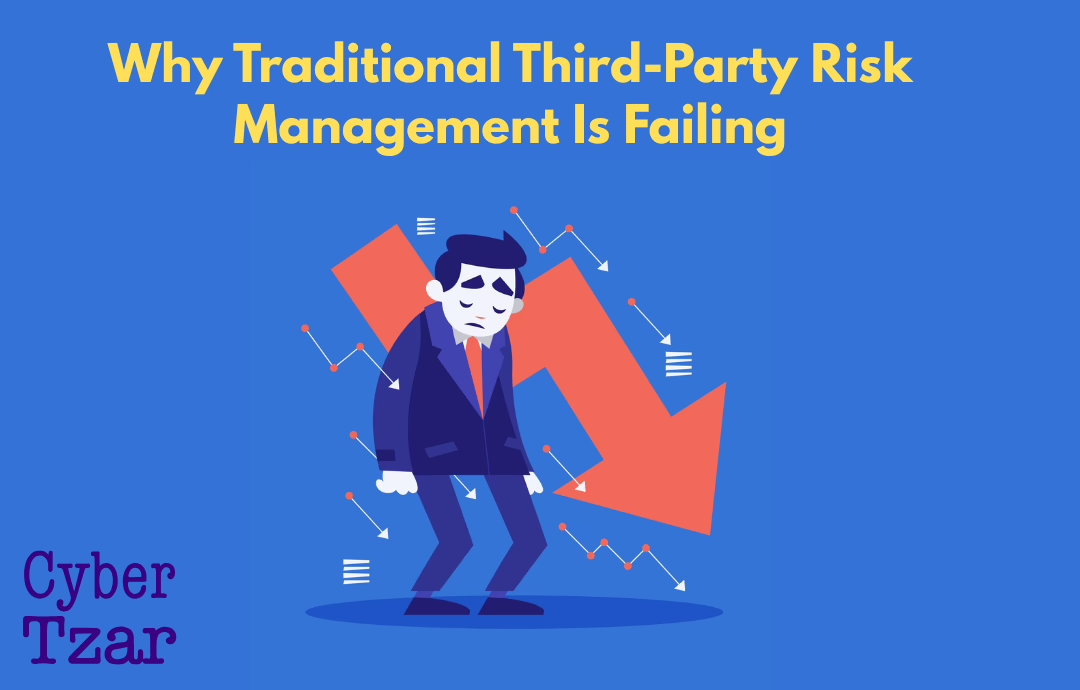Valuations are rising, exits are accelerating, and competition for high-growth startups is fierce. But one thing is becoming clear to venture capital (VC) firms and angel syndicates alike:
🔐 Cyber due diligence is no longer optional — it’s essential.
In a world where a simple misconfigured API or an overlooked third-party plugin can result in a data breach, legal action, or reputational damage, investors must understand a portfolio company’s cybersecurity posture before the money moves.
The Cost of Skipping Cyber Due Diligence
We’ve seen too many examples of this play out badly:
-
A fintech firm with strong ARR, but an exposed dev environment that led to a breach — and regulator fines
-
A healthtech startup compromised after acquisition, due to inherited security debt from rapid growth
-
A SaaS business reliant on a vendor who themselves were breached, knocking out service across dozens of customers
In all cases, the investors paid the price — through write-downs, delayed IPOs, or failed M&A deals.
Cyber Risk Is Now a Material Investment Risk
🧾 Regulatory exposure – Especially under GDPR, DORA, HIPAA, or SOC 2 frameworks
💰 Insurance premiums – If the startup is uninsurable or has high residual risk, coverage becomes expensive or unavailable
📉 Valuation impact – Cyber weaknesses discovered late in the deal process often reduce the offer or kill the deal altogether
📊 Reputation – Investors associated with companies that suffer public breaches may find it harder to attract LPs or co-investors
What Investors Should Ask
When reviewing a startup’s readiness, investors should ask:
-
Have they conducted a recent vulnerability scan?
-
Do they track third-party supplier risk?
-
Are they compliant (or aiming to be) with Cyber Essentials, ISO 27001, or SOC 2?
-
How do they handle customer data and credentials?
-
Is their tech stack modern and maintained, or a patchwork of legacy code?
And crucially: can they prove any of this without scrambling?
Why This Matters Across Investment Stages
💼 Pre-seed/Seed – Cyber risks start early. Many founders set poor technical precedents that haunt them later.
📈 Series A–C – Growth often outpaces governance. Scaling securely is a differentiator.
🏁 Exit or Acquisition – Cyber flaws are red flags for acquirers and IPO auditors. Late discovery causes delays, valuation cuts, or deal collapse.
How Cyber Tzar Helps Investors and Their Portfolios
At Cyber Tzar, we work with VC firms, syndicates, and founders to ensure startups are secure, mature, and investment-ready.
✅ We scan platforms for vulnerabilities — fast, affordable, and non-intrusive
✅ We benchmark risk posture against sector norms and competitors
✅ We help founders get ahead of due diligence questions
✅ We produce reports you can use to justify investment decisions
We’re not a consultancy. We’re a SaaS platform that brings clarity to cyber risk — before it becomes a cost.
💡 Want to include cyber scans in your due diligence process?
Get started with Cyber Tzar at cybertzar.com



